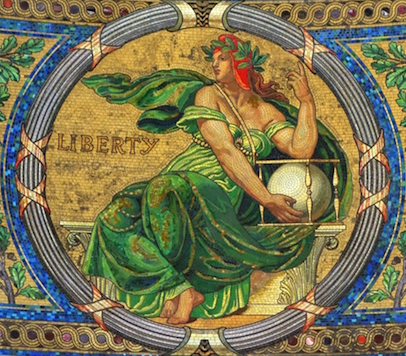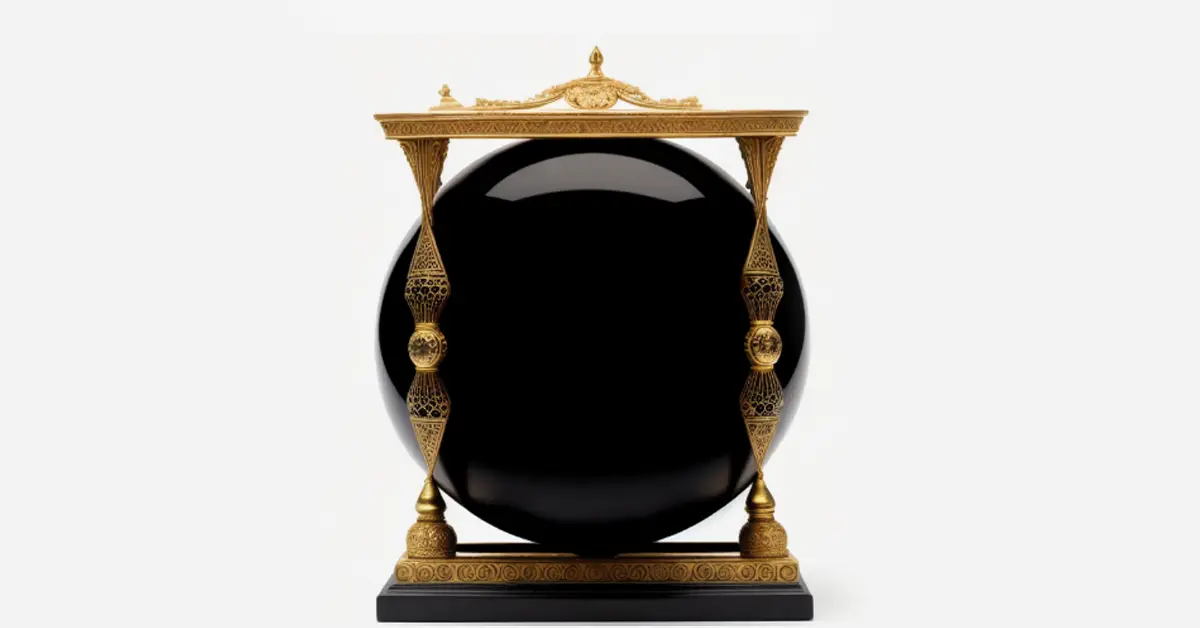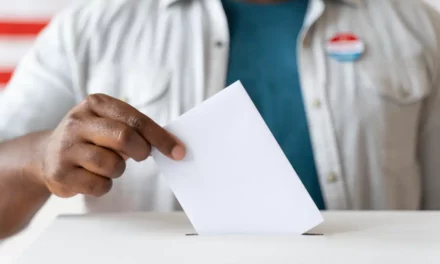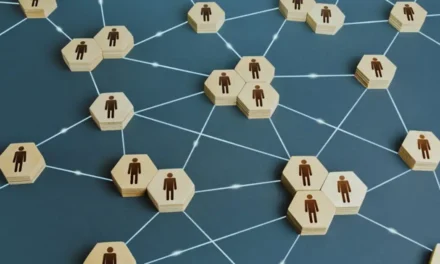Most Americans learned to appreciate privacy (just not in the marketplace or home) of anonymous or secret ballots, also known as Australian, Boston, Massachusetts, official or state-issued ballots; now Black Globe Ballots. It shocks, even offends some, to question this system. Supporters claim it’s a core right of America that prevents certain illegal activities. Except every justification is disprovable or a pretext, even its namesake.
American Heritage?
As far as the covert ballot being a fundamental principle of U.S. politics, from 1607 to 1888 voting was a public affair and vote secrecy, practically impossible. By 1892, this new ballot breed fully displaced the glass ballot globe, an icon of voting, transparency and open ballots.

“Liberty” pendentive glass mosaic image.
While people considered secrecy, how was unknown until the Australian import: government officials run elections in public buildings where states produced ballots at tax-payer expense. This replaced competing parties’ ballots, the older bring-your-own ballot, and the oldest system where an illiterate population voiced votes.
Anonymous?
However, the new system didn’t actually guarantee anonymity. Postal ballots can be covertly marked and several states have all elections by mail. Limited voting stations constitute effective targets for attack. Also, professionals acknowledge the threat of the official-chosen few electronic voting machines (“black boxes”) to electoral integrity since their advent. Remote voting isn’t different. Disabled persons have a greater challenge to anonymity, since the technology assisting them (and emerging inventions) are potential privacy hazards. And, proxy voting is inherently confidential.
On that note, some ballots aren’t true Australian ballots, but “equivalents” via confidentiality.
• The UK’s numbered ballots allow them to identify (and remove) voters’ ballots, despite both Universal Declaration of Human Rights’ Article 21.3 and Copenhagen Declaration’s Section I Paragraph 7.4.
• Some American states demand links from ballots to voters, like absentee ballots (for deaths between mailing and election day). In North Carolina, each county’s Election Director has a database of retrievable ballot numbers connected to names.
Is it a Right?
Concerning linkage, Federal District Judge Christine Arguello ruled that ballot anonymity isn’t granted by the U.S. Constitution.
But say a state isn’t directly collecting names from ballots, other points of exposure exist.
Social networks can be mapped to understand how one voted. When comfortable, people regularly share their political intents “anonymously”, but many times that’s a false sense of security. Businesses also collect information on customers without consent, sometimes giving or selling that information to government entities and violating protesters. Doxing is a potential, too. It’s also well-documented that residence, in precincts ranging from 2k to as little as 200 people, highly correlates to how one votes. This information is publicly accessible, and landlords, bosses, rioters and mobs can meet voters beyond the ballot booth to intimidate. And while it’s nominally illegal for your government to spy on you, other countries can and then send information to yours.
Let’s not pretend. People trust state foxes to protect the people from themselves, to not abuse the hens, yet government is more capable of and apt to inflicting worse offenses. State-issued ballots are always susceptible to traceability, and the government has all the power and tech to make it possible.
Nevertheless, only government can have that confidential information. Things change when commoners do or don’t keep secrets. Some call for ballot selfies, a victimless crime, to be illegal. Possessing any device capable of capturing proof in the booth would mean, first offense or not, stiff penalties (the least of which: ballot spoilage).
Just to Start…
“Anonymous” ballots are a fairly recent and foreign invention that never fulfilled their primary promise; “palantíri ballots” is more accurate. And this article just exposes the trivial lies.
Time to blackball Black Globe Ballots and whiteball a system that puts security and freedom in the hands of voters.
The opinions shared here do not necessarily represent the official position of the Libertarian Party. These editorial articles have been submitted by Libertarians across the country, and featuring these topics does not represent an endorsement of the content therein.




I find it difficult to imagine any way to prevent ballot box stuffing, which does not, for however brief a time, tie a specific ballot to a specific voter and having the record of that voter having voted kept in a database by some “trusted” organization.
Agreed. The only alternatives I can see to BGB’s ballot stuffing are open ballots (though the counters may just be transparently and shamelessly corrupt with their fraud) or an autonomous confederal system (where each voter is directly involved in overseeing the process, ensuring transparency and accountability by allowing free choice and competition). Thanks for commenting!